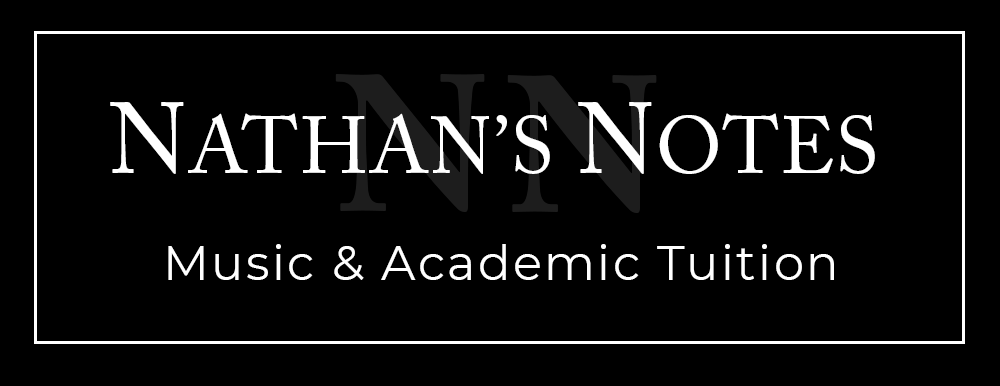HOW WE TEACH FLUTE
We teach a variety of styles so that you can achieve your full potential. We teach both adults and children through lessons customised to individual aims.
Benefits of learning Flute
Learning to play the flute teaches more than playing music:
Improves body coordination
Strengthens core muscles
Increases self confidence
Assists time organisation
Assists with numerical skills
We travel to students and teach them in their own homes or remotely online. We teach both adults and children in mainly 60 minute, 45 minute and 30 minute lessons. However, extended lessons can be arranged for individual circumstances.
Beginners and more advanced students welcome.
HOURLY RATES
A full fee cancellation charge is applicable for cancellations of 24 hours or less.
If you do not live within the Oxford area, we are happy to provide you with an hourly rate - depending upon your location.
£40
Per Hour
£30
45 Minutes
£20
30 Minutes
ABOUT FLUTES
The flute is a musical instrument of the woodwind family. Unlike woodwind instruments with reeds, a flute is an aerophone or reedless wind instrument that produces its sound from the flow of air across an opening. According to the instrument classification of Hornbostel–Sachs, flutes are categorized as edge-blown aerophones.
A musician who plays the flute can be referred to as a flute player, a flautist, a flutist, or, less commonly, a fluter. The term flutenist, found in English up to the 18th century, is no longer used.
Aside from the voice, flutes are the earliest known musical instruments. A number of flutes dating to about 43,000 to 35,000 years ago have been found in the Swabian Alb region of Germany. These flutes demonstrate that a developed musical tradition existed from the earliest period of modern human presence in Europe.
[source: wikipedia]
"So long as the human spirit thrives on this planet, music in some living form will accompany and sustain it."

